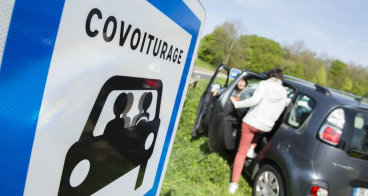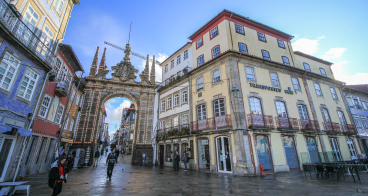Best Practice Tabs
Discover success stories and case studies from leading cities, providing simple, effective lessons for implementing positive changes in urban mobility.
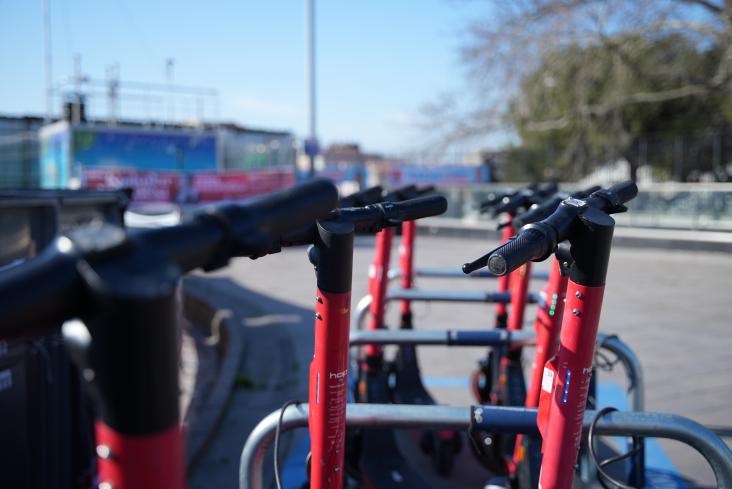
Enhancing scooter parking safety with computer vision technology
In Istanbul, the rise of shared micromobility services, notably e-scooters, aims to tackle urban transportation issues and promote eco-friendly commuting.
Vitoria-Gasteiz: Implementing a carpooling network
Vitoria aims to address solo car commuting due to its environmental impact and the associated carbon emissions.
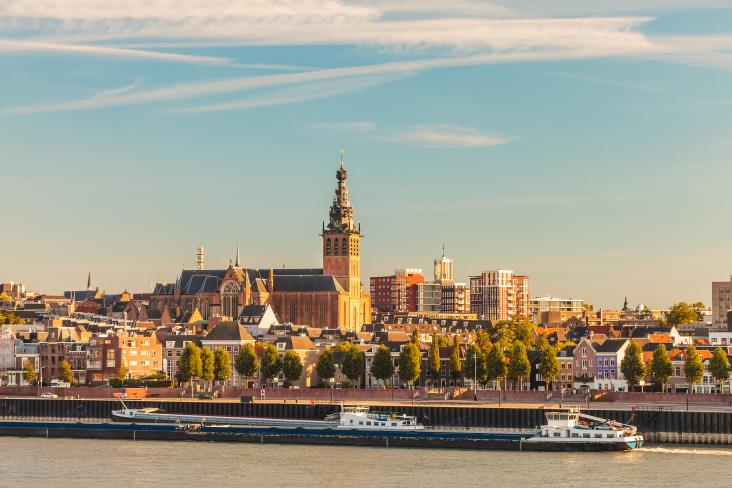
Nijmegen: Reserved (bike) parking for people with reduced mobility
The primary aim is to improve accessibility for individuals with limited mobility by offering secure bike parking.
Our Top Picks
Read all about implemented mobility innovations that benefit the planet and businesses.
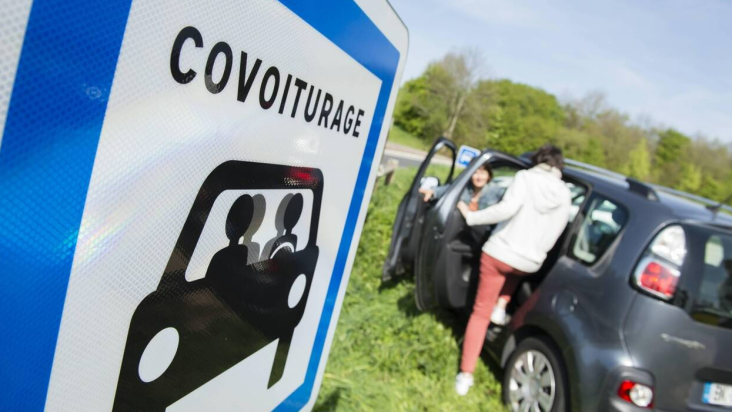
France: Carpooling for Healthcare Workers
Hospitals, often located in urban areas, face problems with shifting hours, stressed staff and limited parking places.
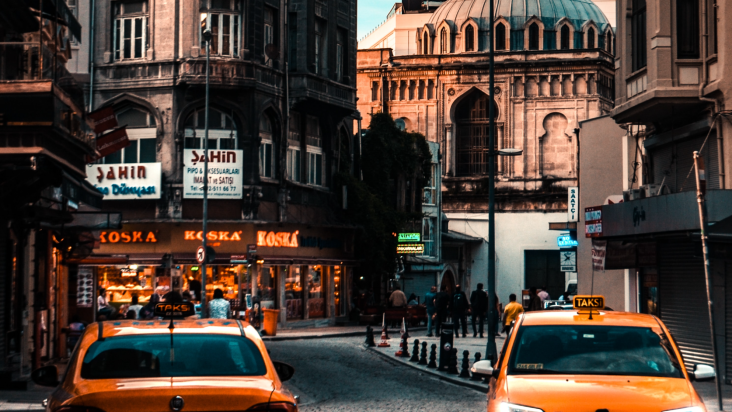
Istanbul: More equitable access to the taxi system
In Istanbul, 1.7 million of the 32 million daily journeys are made by taxis. While the urban population has grown, the number of taxis (around 20k) remained stable since the 90s.

Astypalea: On-demand and shared mobility for an entire island
The challenge has been defined by the Greek island to relaunch the local transport system by integrating a more sustainable mix of different types of mobility modes ands electric v

Riga: Transforming a parking lot back into a theatre square
The lack of green spaces in Riga’s city centre and the quality of public space is often mentioned by residents as one of the main things they would want to improve in the city.
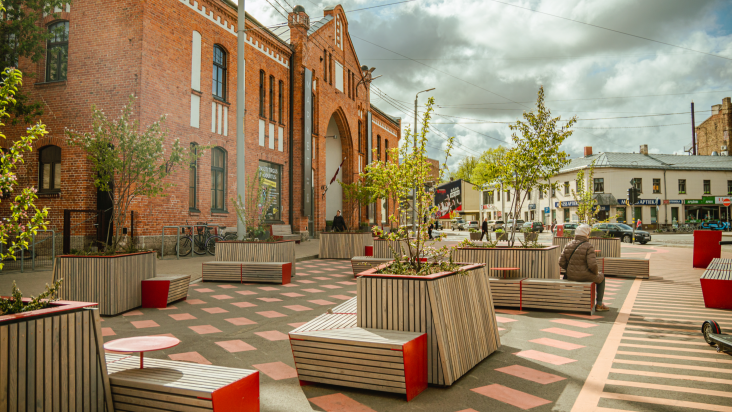
Riga: Square transformation
Reversing car-centric urban development in a historic neighbourhood
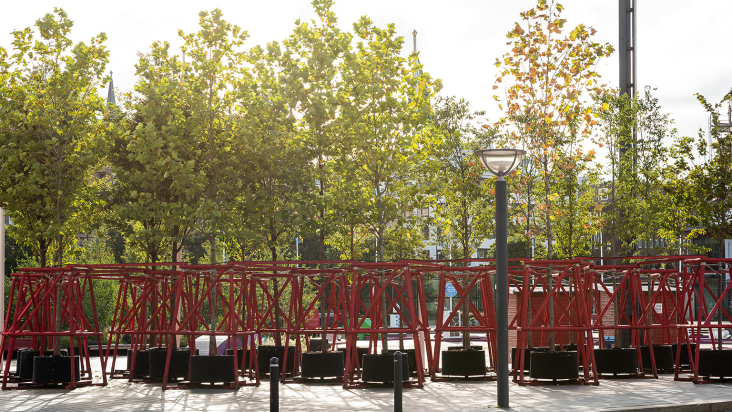
Helsingborg: Portable parks as a flexible solution to green the city
A flexible approach for building the sustainable city
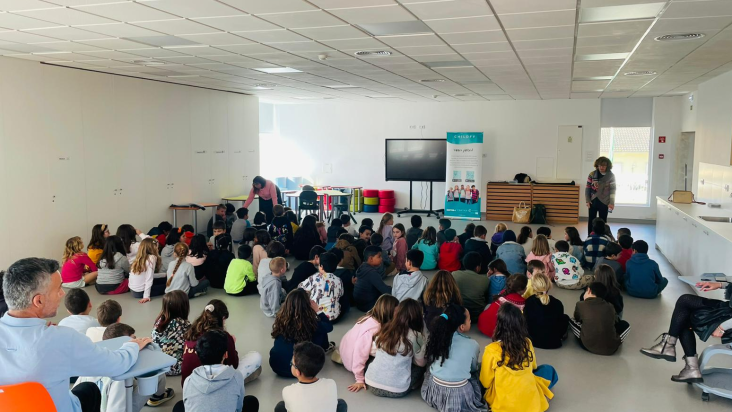
Cascais: Improving mobility for children
Most residents in São Domingos de Rana commute daily either in the direction of Cascais center to the western side, or in the direction of Lisbon to the eastern side.

Vilnius: From car focus to society focus
Car dominance hindering the potential of a natural gathering place
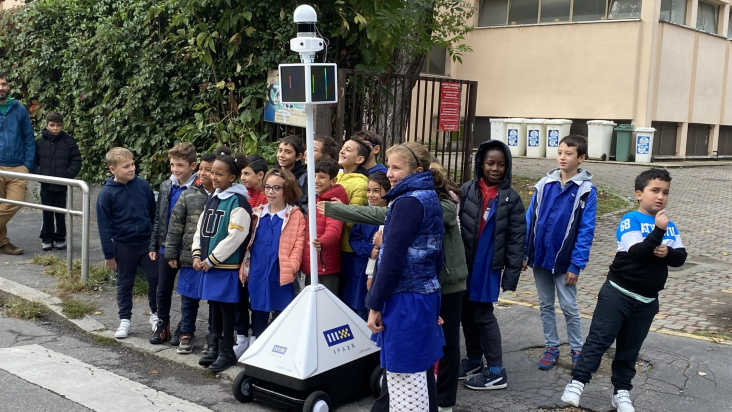
Milan, Modena and Ljubljana: Robotic assistance for safer street crossing
Road traffic injuries continue to represent a significant challenge. This places further pressure on the most vulnerable mobility groups: children, the elderly, and people with disabilities
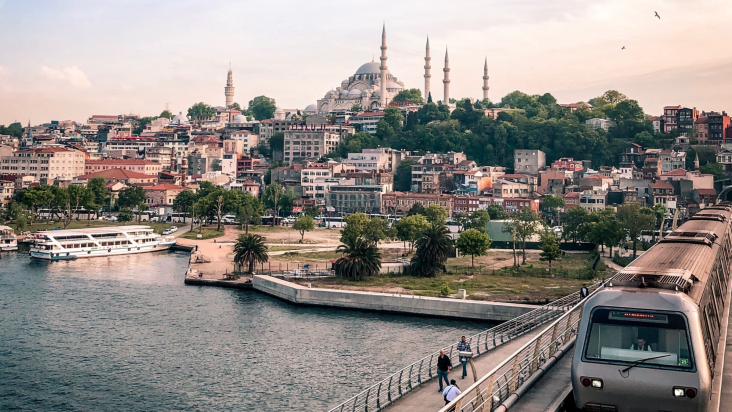
Istanbul: Applied immersive modelling to engage public transport users
The Istanbul Metropolitan Municipality aims to develop a new Mobility Lab.

Girona: Mobilising former transport deserts
The region of Garrotxa has a total population of 59,000 spread over a remote area of 735 sq.km making for a sparsely populated area with an average density of 70 inhabitants per sq.km.
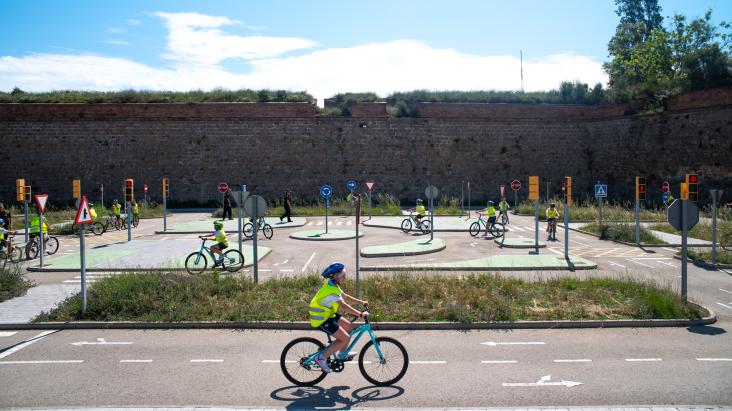
CES4Kids: Co-creation of Sustainable Mobility
City planners and mobility experts from all over the planet have a common challenge on their hands: to change the mobility habits that have been embedded in society over the last 50 years since the

Munich airport: Unpredictable mobility patterns
Airports are hives of activity, but the passengers are only half of it.

Lisbon: Demand-responsive transport for persons with disabilities
A major city in need of more inclusive mobility: you’re waiting for your ride, the seconds ticking away before an important appointment on the other side of town. You call for an update.
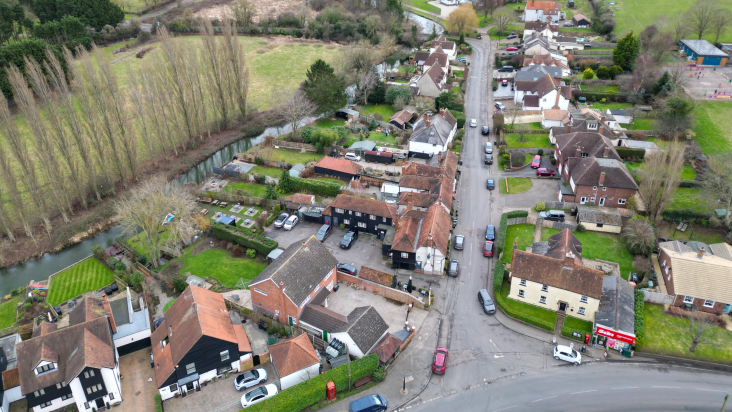
Fyfield: A rural school with big mobility needs.
On paper, fixed-route-and-schedule transit is perfect for schools. After all, timetables, routes and passengers are the same day in, day out. Easy to plan for, easy to program, right?
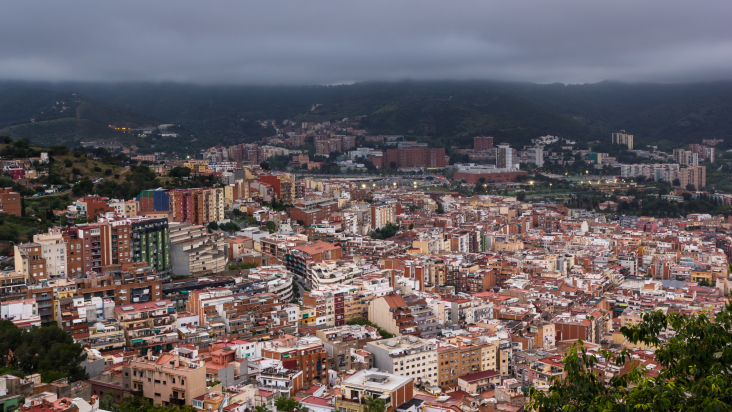
Torre Baró: An isolated neighborhood with challenging geography
Every major city has them: marginalized neighborhoods clinging to the edge of the suburbs.
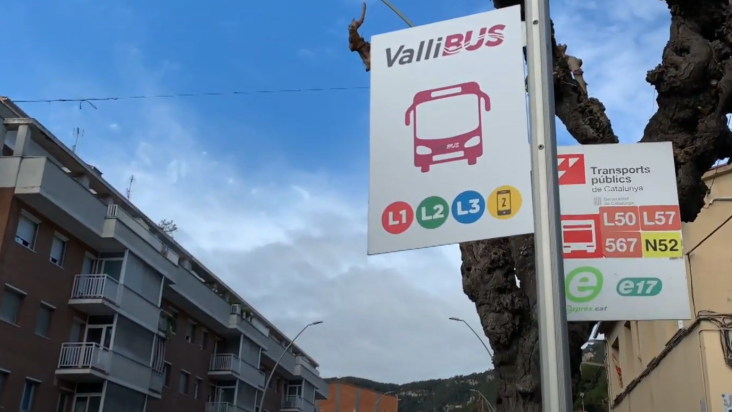
Vallirana: A small town with big mobility challenges
Life in Vallirana, a commuter town near Barcelona, comes with its own particular challenges.
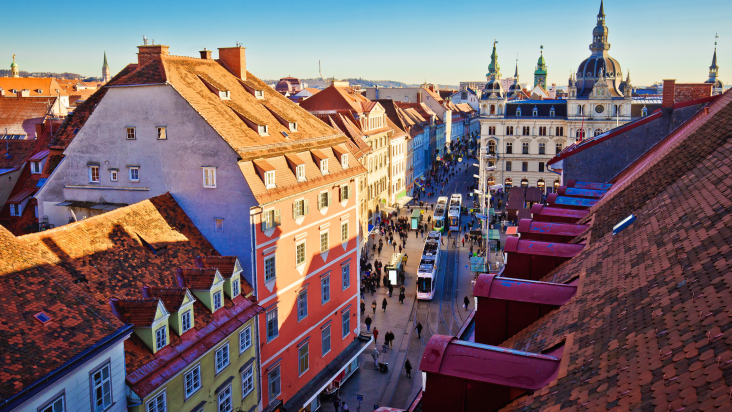
Graz: Implementing 'School Living Labs'
In many cities, parents do not feel safe letting their children walk or cycle to school because of the traffic situation – not realising that they themselves contribute to the dangerous situation b
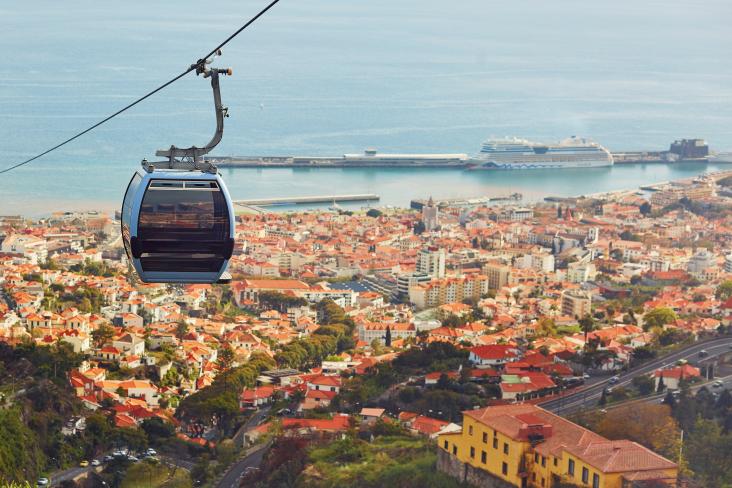
Funchal: Innovative light-up pedestrian crossings implemented
The limited accessibility for people with disabilities to the services offered in urban spaces, due to the existence of several urban barriers spread in the built environment is one of the main iss
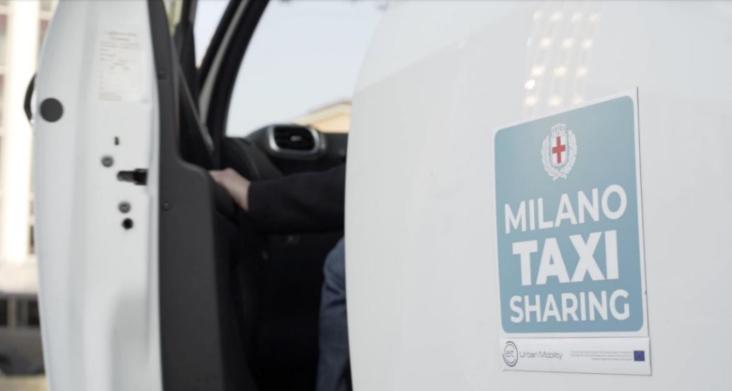
Milan: Piloting on-demand taxi sharing
The transition of Milan's mobility system towards more sustainable modes and reducing private vehicle ownership by citizens is at the core of Milan's mobility strategy.
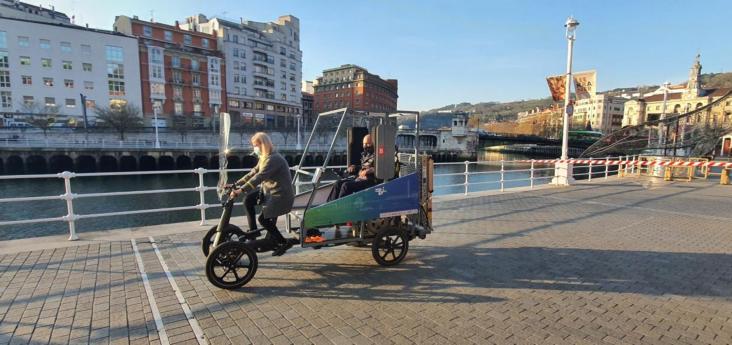
Piloting an inclusive e-bike solution
Current urban mobility systems put certain groups of society at disadvantage – lack of inclusivenessSustainable active modes are unaccessible for elderly or physical impaired people,




